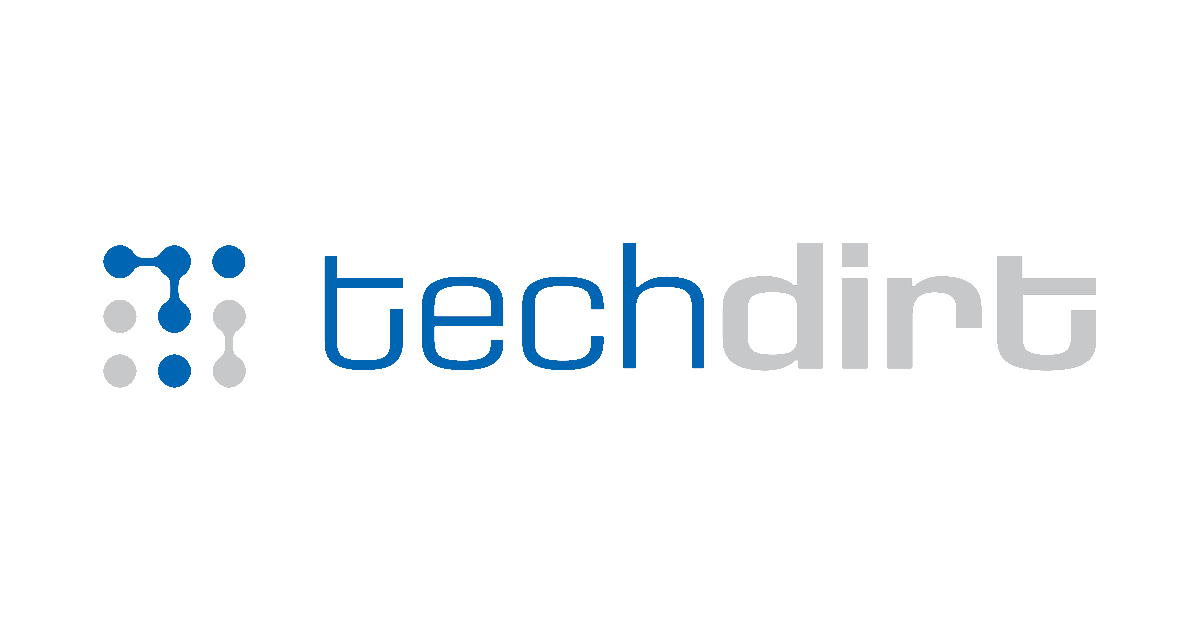While it’s certainly smart to finally start tracking the sale of sensitive U.S. consumer data to foreign countries in more detail (and blocking direct sales to some of the more problematic adversaries), it’s kind of like building barn doors four years after all the animals have already escaped.
We’ve noted for most of the last two decades how a huge variety of apps, telecoms, hardware vendors, and other services and companies track pretty much your every click, physical movement, and behavior, then sell access to that data to a broad array of super dodgy and barely regulated data brokers.
These data brokers then turn around and sell access to this data to a wide assortment of random nitwits, quite often without any sort of privacy and security standards. That’s resulted in a flood of scandals from stalkers tracking women to anti-abortion zealots buying clinic visitor data in order to target vulnerable women with health care misinformation.
This continues to happen for two reasons: at every last step, U.S. leaders put making money above public safety and consumer protection. And the U.S. government has discovered that buying this data is a fantastic way to avoid having to get pesky warrants. This all occurs to the backdrop of a relentless effort to turn all U.S. consumer protection regulators into decorative cardboard cutouts.
Thank you daddy sam for limiting my abuser to US demociled “legal” persons 🤡
Yea having the nearly dead run our country was a stupid idea.
Only America is allowed to steal data 😤


